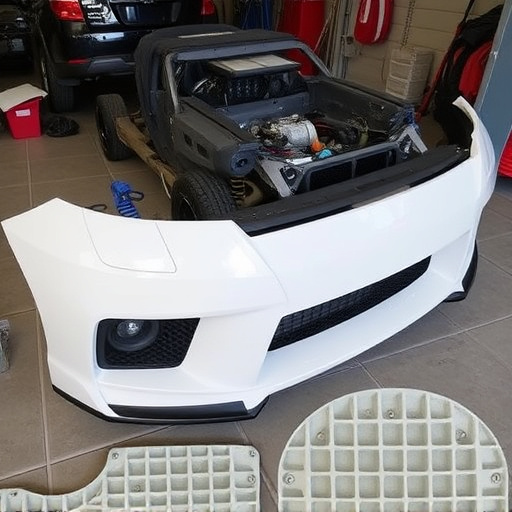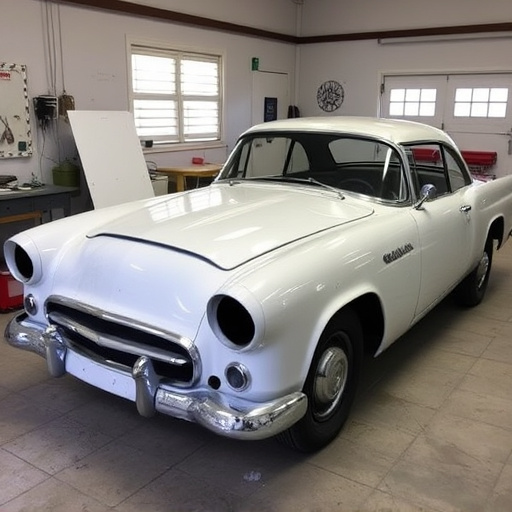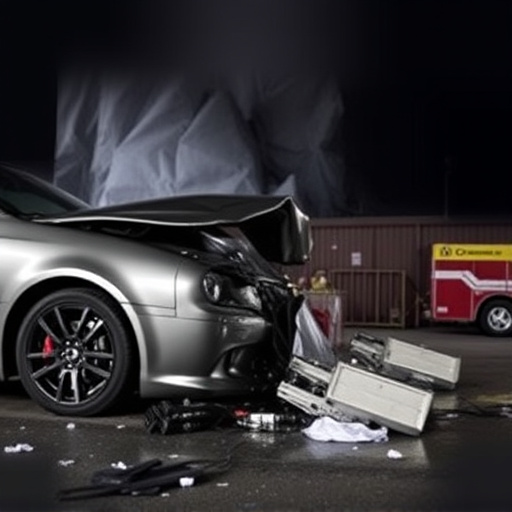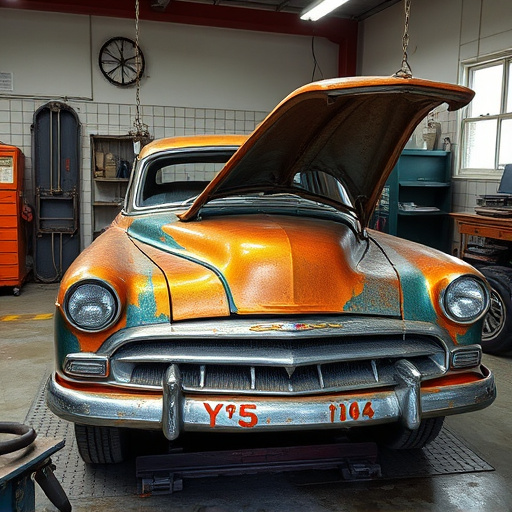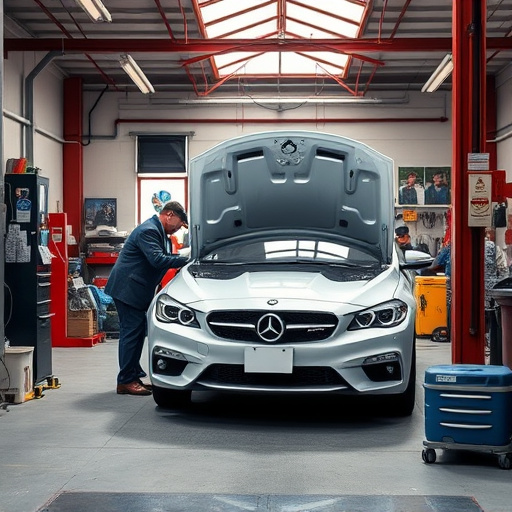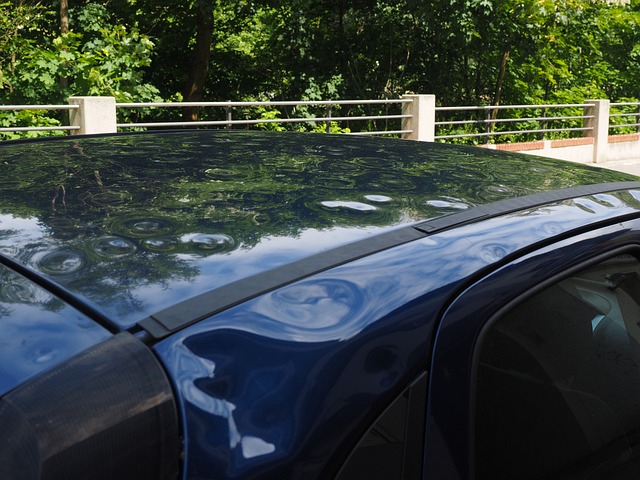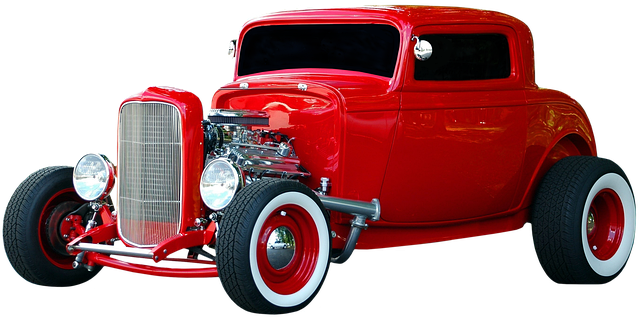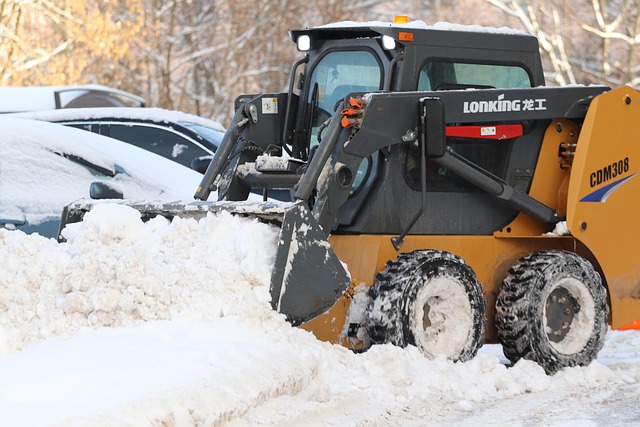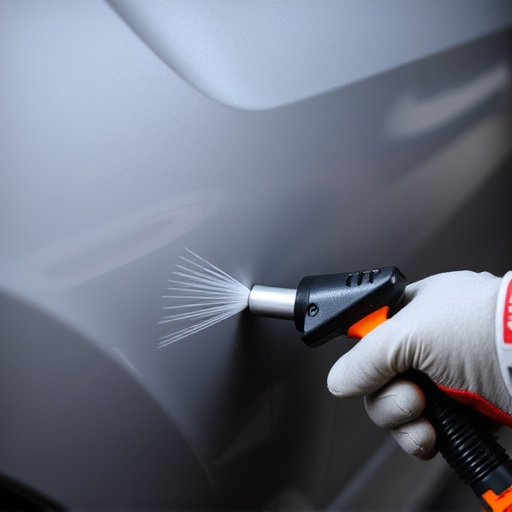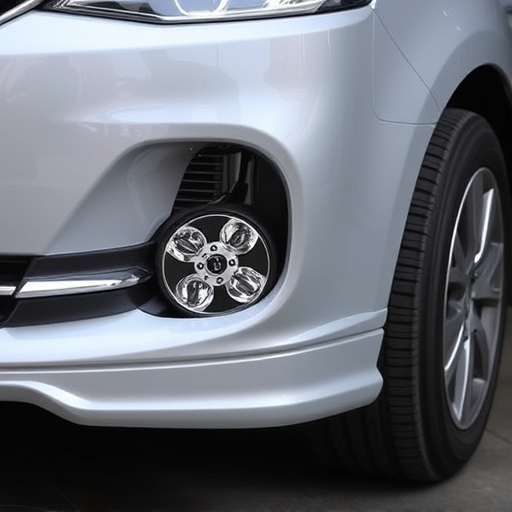Heavy-duty truck collisions pose significant risks, including head injuries (traumatic brain injuries, DAI), spinal cord damage (quadriplegia), and soft tissue harm (strains, sprains). Immediate medical attention is crucial for all severe accidents. Proper vehicle repairs at specialized centers offering Mercedes-Benz collision repair and auto glass services are vital for safe return to the road. Timely care ensures optimal recovery from life-altering injuries like paralysis and head trauma.
In the event of a heavy-duty truck collision, understanding common injuries is crucial for immediate response and long-term recovery. These high-impact accidents can result in a range of severe injuries, from potential head injuries and spinal cord damage to soft tissue harm. This article delves into these specific areas, shedding light on the most frequent health concerns following such incidents. By exploring potential head injuries, common spinal cord injuries, and soft tissue damage, readers gain valuable insights for navigating post-collision care.
- Potential Head Injuries in Heavy-Duty Truck Collisions
- Common Spinal Cord Injuries From Truck Accidents
- Soft Tissue Damage and Other Non-Life-Threatening Injuries
Potential Head Injuries in Heavy-Duty Truck Collisions

In heavy-duty truck collisions, head injuries are a significant concern due to the immense force involved. Impact can result in a range of traumatic brain injuries (TBIs), from mild concussions to severe cases like diffuse axonal injury (DAI). These injuries often occur when the driver’s head suddenly decelerates or collides with the steering wheel or vehicle interior during an accident. Additionally, flying debris from shattered auto glass (be it from a Mercedes-Benz collision repair or any other make) can cause lacerations and secondary brain damage.
Seeking immediate medical attention is crucial after such accidents to assess and manage head injuries. Timely treatment at a reputable collision repair center that also offers comprehensive auto glass repair services can be life-saving. While the focus may initially be on vehicle repairs like Mercedes Benz collision repair, ensuring the well-being of drivers and passengers through proper care for potential head injuries should always be a priority.
Common Spinal Cord Injuries From Truck Accidents
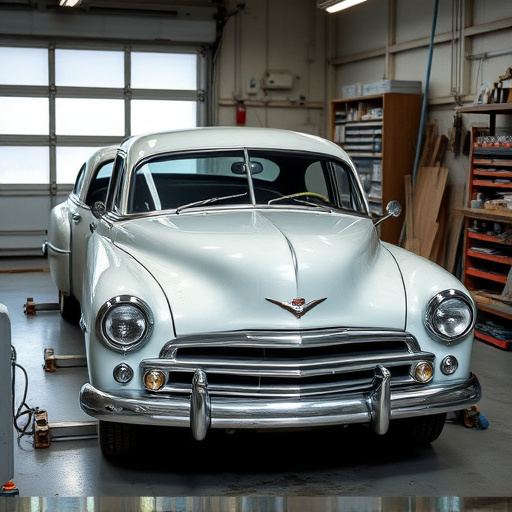
Spinal cord injuries are among the most severe and life-altering outcomes of heavy-duty truck collisions. The impact force from such accidents can cause significant damage to the delicate spinal nerves, leading to a range of debilitating symptoms. Common spinal cord injuries in these cases include incomplete quadriplegia, where individuals retain some function in their arms and legs but experience complete paralysis below certain points. Complete quadriplegia, on the other hand, results in loss of feeling and movement from the neck down.
These traumatic events often require extensive medical intervention, including emergency care, surgery to stabilize the spine, and long-term rehabilitation focusing on physical therapy and adaptive strategies. The recovery process for spinal cord injuries is complex, involving not only the restoration of physical function but also emotional adjustments as individuals learn to navigate their new circumstances. Proper automotive repair and body work after such accidents are crucial steps in ensuring optimal patient care and preparing vehicles for safe return to the road, if possible.
Soft Tissue Damage and Other Non-Life-Threatening Injuries
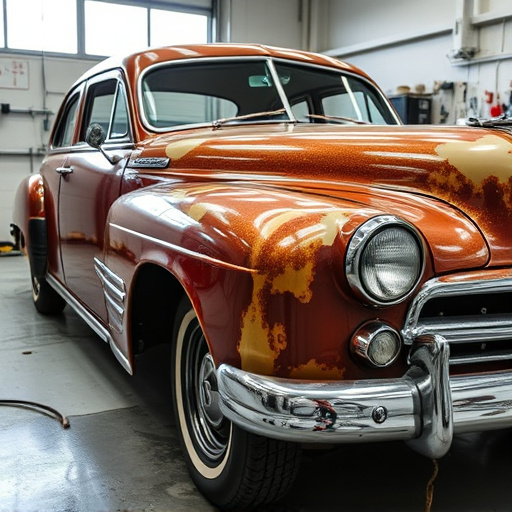
In a heavy-duty truck collision, one of the most common and non-life-threatening injuries is soft tissue damage. This includes strains, sprains, and contusions to muscles, ligaments, and tendons. Symptoms may include pain, swelling, and bruising, but typically do not require immediate medical attention. However, even seemingly minor injuries from a fender bender or collision damage repair can lead to long-term discomfort if left untreated.
Other non-life-threatening injuries associated with these incidents involve the head, neck, and back. Whiplash, a common occurrence in car bodywork services due to sudden stops or impacts, can cause neck pain and stiffness. Additionally, back strains from the force of impact during a collision can result in muscle spasms and discomfort that may require professional collision damage repair services for optimal healing.
Understanding the most common injuries from a heavy-duty truck collision is crucial for both victims and professionals navigating these incidents. From potential head injuries and spinal cord damage to soft tissue harm, each type of injury requires specific attention and care. Awareness of these risks enables better preparedness and response during such events, ensuring folks receive the appropriate treatment for their unique circumstances. Remember that, in the event of a heavy-duty truck collision, recognizing and addressing these common injuries promptly is vital.
